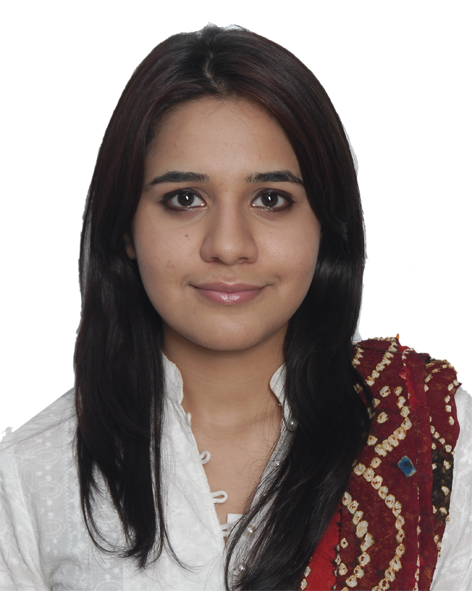|
|
|
Career Guidance for Female Medical Graduates in Pakistan- A New Initiative
By Mahin Alamgir, MD
 The author is a recent graduate of Aga Khan Medical University, Karachi and is a member of APPNA Merit Planning Committee for this project.
The author is a recent graduate of Aga Khan Medical University, Karachi and is a member of APPNA Merit Planning Committee for this project.
Pakistan's health system faces a unique challenge. In the country's medical schools, the student body is comprised of a majority of female students, all selected through a merit-based system. According to The Associated Press, this number is as high as 85%. However, due to complex reasons, only as few as a third of female students who graduate actually practice medicine. Of the 24,000 specialist physicians practicing in the country, only 7,000 are female. The result is a dearth of practicing doctors, with myriad negative effects on the health system and the general public. Medical schools in Pakistan are subsidised, which means that government investment into education is not being realized into delivery of health care to the public. And in a country where many women and children still cannot see a male physician for cultural reasons, the shortage of female doctors has a severe impact on this underserved population.
In a country known for its low literacy rates, the overwhelming female presence in medical schools is a heartening change. Ifmore of these graduates go on to practice medicine and contribute to the improvement of the country's health system, the change would be monumental. As more Pakistanis become educated and economically secure, and health care is availablewhere it's needed, human development will leap forward.Helping female medical students find a way to practice medicine after they graduate will not only help alleviate the dire shortage of practicing physicians in Pakistan, but also empower women economically, help traditional gender roles evolve, encourage future physicians to follow in their path, and translate into betterhealth care for the general public.
The issue is multilayered. Its roots lie within traditional gender roles still factoring into what decisions can be made by womenabout their future and careers. But there's more to it. Female doctors in Pakistan suffer from insufficient career guidance and mentoring, lack of career planning resources and lack ofawareness of non-traditional career paths. They have less ability to network with peers due to family limitations. Additionally,factors such as low pay, poor workplace security and a lack of family-friendly policies in make it difficult for young women to work in hospitals.
In Pakistan's top medical schools, there isn't enough focus on career guidance. Some colleges provide career guidance as part of the curriculum, but even then, there is no mentoring targeted towards females students to address the issues that hold them back or offer pragmatic choices for professional advancement. Moreover, in my experience, much of the career guidance offered was focused on practicing in the United States, not Pakistan.
APPNA has recently collaborated with the US-Pakistan Women's Council to come up with a plan to encourage greater female contribution to Pakistan's health system. Under the leadership of President Dr. Asif Rehman, APPNA Merit Chair Dr. Babar Rao, and Director of the US-Pakistan Women's Council Sarah Peck, developed a career planning program. Ex-Presidents Saima Zafar and Javed Suleman have promised their support to helping this important program achieve its goals.
Here's a preview of what APPNA is doing. The MERIT program will begin a series of career counseling lectures, which will be broadcast to medical students in Pakistan. The APPNA website will host a page dedicated to this project, which willprovide profiles of female physicians and offer specific careerguidance, such as entrepreneurship tips for physicians wanting to branch out into private practice. APPNA will work with medical universities to host career guidance seminars for students. Efforts to involve the families of students in these activities will be made. And male students will be welcome.
APPNA is now seeking volunteers to support this project. We are looking for practicing female physicians in the U.S. and Pakistan who can speak in the MERIT program or at career planning seminars in medical schools across Pakistan. Male physicians are also welcome to speak (and write) about career practice tips, especially in non-traditional practice areas that might be suitable for women. APPNA family members can help, too, such as by drafting career guidance materials, writing profiles of female physicians, and administering a Facebook page for this project. Please contact Dr. Babar Rao via email: babarrao@gmail.com or at 212-949-2516.
|
|
|
| |
|
|